Growing inflation rates and the rising cost of borrowing are making it increasingly difficult for people to afford their own housing, while the prospects of the rental market in this area are expanding. And co-living projects are currently looking more attractive than ever. Samuel Vetrak, CEO of Bonard, one of the world’s leading rental consulting companies, expressed this particular position at the Club 4 event held for the LNTPA community on Thursday.
- Vetrak, who provides consultations to business leaders around the world, has noted that the popularity of co-living projects is also determined by the changing habits of society: “Young people today do not want to burden their lives with large items and are increasingly turning to rental solutions: electric scooters, cars, homes, etc. Therefore, it is very likely that co-living projects will continue to become even more popular in the future”.
Statistics show that about 88% of the population own a home in Lithuania. S. Vetrak believes that, if this indicator drops by at least 5% and moves into the rental market segment, real estate developers implementing rental and co-living projects would have work for at least 5 years.
The CEO of Bonard also mentioned a return of 4 to 6% in terms of investment potential of co-living projects: “The implementation process is long, but its results are considerably beneficial. Large global businesses such as, for example, Apple turn to us in search of promising investment directions in RE markets, and their attention is increasingly turning to co-living objects. This is where we have a problem – there are not enough developed products of this segment on the market,” says S. Vetrak.
- Vetrak was cautious in assessing Lithuania’s prospects of attracting large investments to the co-living market, stating that our country is too small for high-calibre players, since the received returns are not yet in line with their investment expectations. However smaller, local funds and developers in Lithuania can definitely find something to do in this sector: the competition is low, and the demand is growing rapidly.
During the discussion “Investment Barometer: What is the Potential of Co-Living Projects?” held at the event, Dalius Kaveckas, CFO at Baltic Asset Management – a company developing co-living projects, emphasized that one of the biggest obstacles to the development of co-living objects in Lithuania is the categorical tone of banks and the unnecessary parking space requirement imposed by municipalities:
“Banks do not finance co-living projects, therefore builders are looking for crediting alternatives and find them quite easily – there are solid investment funds on the market that see the potential of these projects. Another thing to note is the requirements of municipalities regarding the installation of mandatory parking lots. We are trying to prove to them that there is no need to build parking lots in co-living projects, since only several parking spaces would be sufficient. It has thus far been difficult to convince them,” says D. Kaveckas.
He was seconded by the CEO of Bonard, who added that education plays a very important role in the implementation of co-living projects:
“Co-living projects are a relatively new product on the market, therefore it is necessary to consistently and competently educate local government representatives and banks by communicating the specifics and potential of co-living to them in a well-founded manner,” says S. Vetrak.
Mantas Skipitis, the CEO of Orion Asset Management which finances co-living projects, was also among the discussion participants. The discussion was moderated by Triniti Jurex partner and Attorney at Law Vytautas Kalmatavičius.
Club 4 initiated by LNTPA and the Triniti Jurex law firm was organized in the Chapters co-living project, which was implemented by Baltic Asset Management and is already in operation.
See you in the next Club 4!
